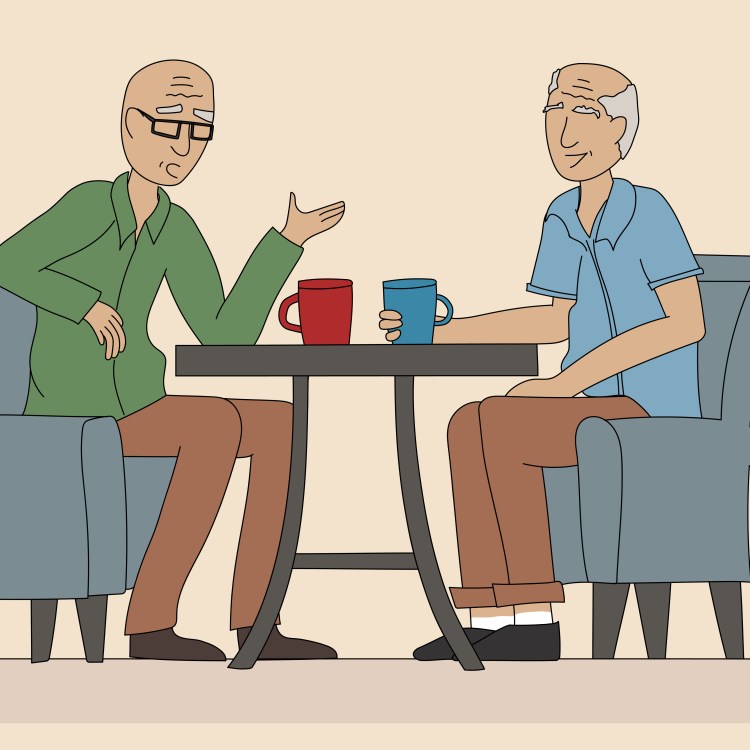According to a recent study published by researchers Felipe Barreto Schuch (from the University of Santa Maria in Brazil), and Brendon Stubbs (from King’s College in London), it’s time for exercise to join the ranks of talk therapy and medication as a viable, effective treatment for preventing and mitigating depression. For a full year, Schuch and Stubbs followed 267,000 people, across 49 ongoing studies, none of whom had ever exhibited signs of depression. Those who “exercised more” in the study had lower depression rates, at a range of 17-41%, and it held true across gender, nationality and age.
That initial finding relates mostly to preventing depression from ever arriving. It’s not a guaranteed stopper, obviously, but it puts you in a better position. Even a 17 percent improvement is nothing to sneeze at. A yet more fascinating result of the study, though, and a lifeline for those in the throes of depression, is its potential role as treatment. Sourcing 25 different studies, Schuch and Stubbs discovered that 40-50 percent of people with depression who begin exercising, respond in a “large” way to the practice (on a scale of small, medium, large). They have a number of hypotheses on why exercise so effective: it decreases inflammation in the body, it increases BDNF (a protein that helps brains grow and adapt), and it builds self-confidence, often in a public, group-oriented setting.
Sometimes, scientific studies in the wellness space can seem somewhat obvious. For example, “Nature walks will make you feel good.” Thanks, Stanford. But these concepts are important to declare and prove, nonetheless. This sort of study lends professional credence to the concept of exercise as a prescription. We already know what consistent exercise does for our bodies; if joining a running group, or taking mat pilates classes can potentially produce effects in the brain, too, we should all be taking it seriously.
Editor’s Note: RealClearLife, a news and lifestyle publisher, is now a part of InsideHook. Together, we’ll be covering current events, pop culture, sports, travel, health and the world. Subscribe here for our free daily newsletter.
Whether you’re looking to get into shape, or just get out of a funk, The Charge has got you covered. Sign up for our new wellness newsletter today.


















